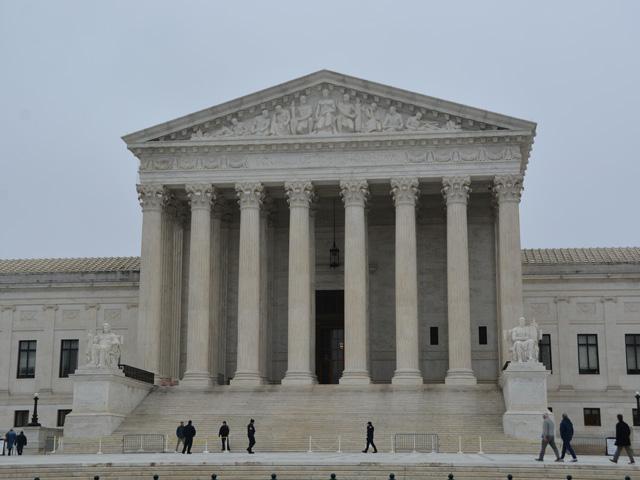EPA Wants Refinery Information Sealed
Agency Asks Court Not to Disclose Waivers Brief, Documents to Public
OMAHA (DTN) -- The EPA wants to keep from the public eye an opening brief and some records to be filed in a small-refinery waivers case, claiming in a court motion the information is subject to a protective order on confidential business information.
The agency made the motion in the 10th Circuit Court of Appeals in Denver last Friday, where a lawsuit filed by several ethanol and agriculture interest groups last year argues the EPA did not publish in the Federal Register what were final agency actions in granting waivers to two refineries owned by HollyFrontier and a third by CVR Energy.
"In its response brief due on March 25, 2019, EPA expects to cite and discuss materials identified as claimed CBI from the administrative record," EPA said in its motion. "Therefore, the protective order requires EPA to file its opening brief under seal."
At the end of May 2018, the Renewable Fuels Association, National Corn Growers Association, American Coalition for Ethanol and National Farmers Union, with the support of Farmers Union Enterprises, sued EPA on three waivers granted.
The groups said in the petition that they challenged agency actions made "under unusually clandestine proceedings" to exempt refineries in Wynnewood, Oklahoma; Cheyenne, Wyoming and Woods Cross, Utah. On June 13, 2018, the 10th Circuit identified what it called a "jurisdictional defect" in the ag and ethanol groups' petition for review.
Specifically, the owner of two of the refineries, HollyFrontier, argued the petition was defective because it did not include EPA copies of the waivers approved. However, the agency still has not made the applications public, arguing the applications include proprietary business information.
The Wynnewood refinery is owned by a subsidiary of CVR Energy, which is owned by energy billionaire Carl Icahn. For a time, Icahn served as an adviser to President Donald Trump and recommended the hiring of Scott Pruitt as EPA administrator. Icahn also sought RFS reforms when counseling the president.
P[L1] D[0x0] M[300x250] OOP[F] ADUNIT[] T[]
The EPA granted 48 total waivers for 2016 and 2017 renewable volume obligations. The EPA said it waived a total of 2.25 billion gallons those years.
The companies named in the RFA lawsuit estimated in financial statements that the waivers saved them $170 million in compliance costs.
The 10th Circuit previously ruled that the EPA should have been granting exemptions all along. Congressional budget reporting language attached to appropriations bills during the past three years essentially opened the door to any refiner to receive an exemption. That language basically forbids EPA from considering a company's financial returns when granting so-called hardship waivers.
The RFS only allows refiners that produce 75,000 barrels per day or less to qualify for waivers.
HollyFrontier and Sinclair Oil were granted waivers in 2018. The retroactive waivers result in HF saving about $33.8 million in renewable identification numbers waived from the 2015 renewable volume obligations, according to the company's quarterly financial report in May to the U.S. Securities Exchange Commission. Details were not available about Sinclair's savings.
EPA STRAYED ON WAIVERS
DTN earlier reported, https://www.dtnpf.com/…, that EPA broke away from Renewable Fuel Standard requirements for granting small-refinery waivers starting in May 2017 and continued to deny a congressional order regarding which refiners qualify, according to a 97-page brief filed in a federal court in Washington, D.C., last week.
The brief was filed in the U.S. Court of Appeals for the District of Columbia Circuit by attorneys on behalf of the Advanced Biofuels Association.
The partially redacted document shows the EPA approved waivers for small refiners that didn't have the minimum U.S. Department of Energy score to qualify, and improperly considered the debts of small-refiners' parent companies when examining waiver requests.
In addition, the brief showed evidence that the agency considered small-refiners' operating losses whether or not they were related to RFS compliance. The agency also considered what small refiners might spend on biofuel credits, without looking at revenue they would later generate from sales of renewable identification numbers, or RINs.
The Advanced Biofuels Association asked the court to strike down the agency's disproportionate economic hardship policy, based on a small-refinery's operating losses or debts held on behalf of parent companies.
Todd Neeley can be reached at todd.neeley@dtn.com
Follow him on Twitter @toddneeleyDTN
(AG/BE)
Copyright 2019 DTN/The Progressive Farmer. All rights reserved.



